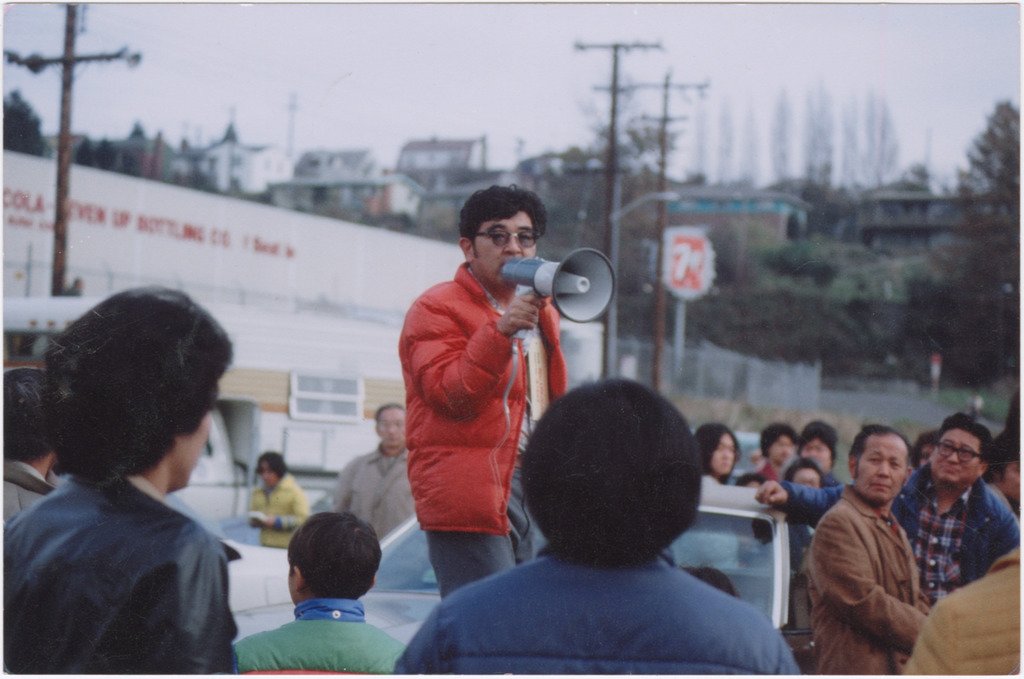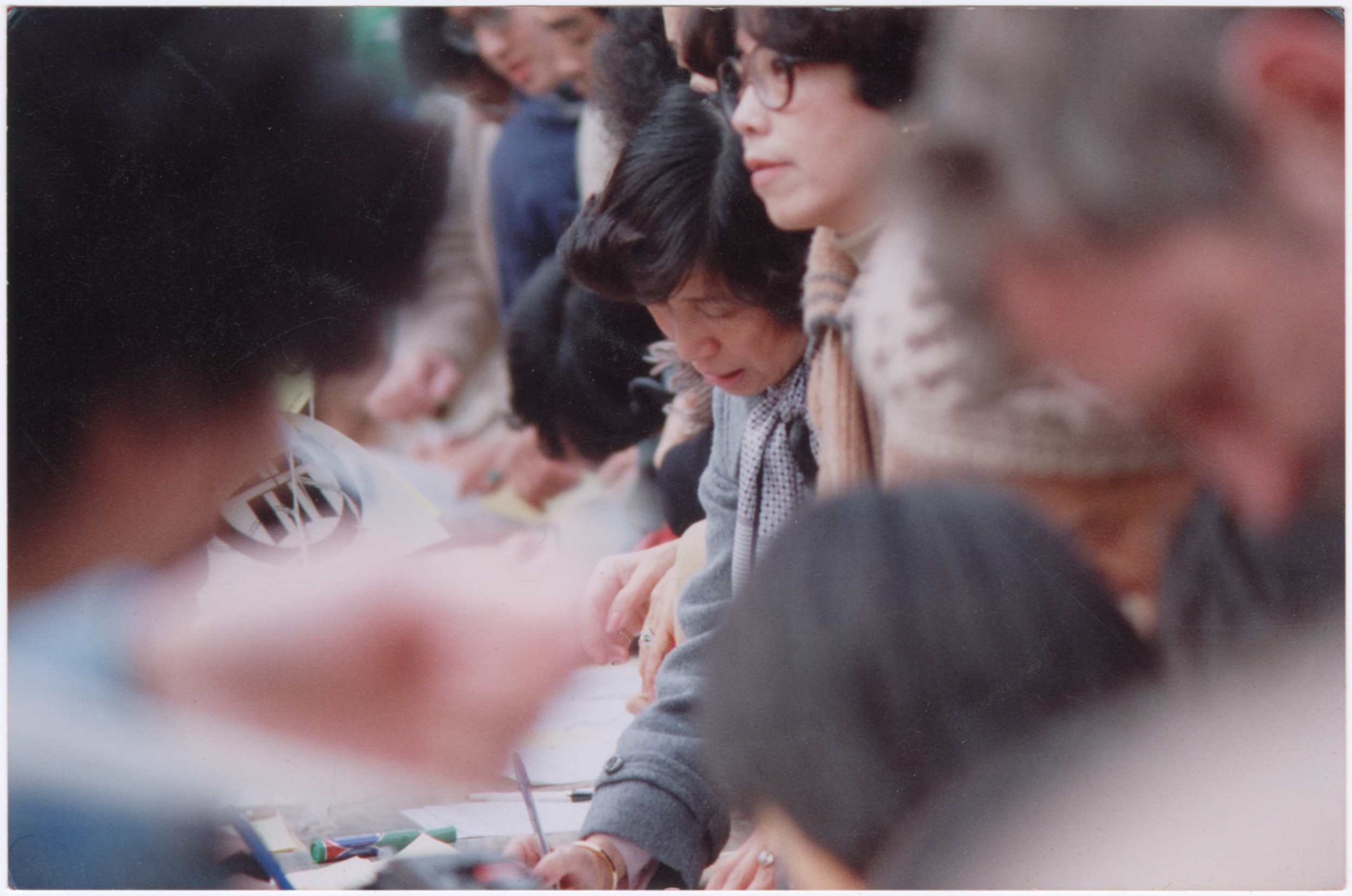



On February 19, 1942, President Franklin D. Roosevelt signed an executive order that forced 120,000 Japanese Americans from their homes during WWII. In recognition of this period and of the 81st anniversary of Japanese American incarceration, join Nevada Humanities for an evening of conversation about memory, remembrance, and the legacy of activism in the Japanese American community that continues to this day. At this event, we will learn from historians, writers, and artists about the different ways we remember and retell history, with a particular - often untold - emphasis on acts of resistance by Japanese Americans who were betrayed by their own country. Featuring moderator Dr. Meredith Oda, Associate Professor of History at the University of Nevada, Reno; Frank Abe, lead author of We Hereby Refuse: Japanese American Resistance to Wartime Incarceration; and visual artist Miya Hannan, we will share art and graphic novels to tell this story, and we will speak with organizers who continue in this fight in light of more recent instances of violence against Asian American communities. The evening will begin with a performance by Reno Taiko Tsurunokai.
ABOUT THE PANELISTS
Frank Abe is lead author of a graphic novel, WE HEREBY REFUSE: Japanese American Resistance to Wartime Incarceration, named a finalist in Creative Nonfiction for the Washington State Book Award. He wrote, produced, and directed the award-winning PBS documentary Conscience and the Constitution on the largest organized resistance in the camps. Abe won an American Book Award as co-editor of JOHN OKADA: The Life & Rediscovered Work of the Author of No-No Boy, in which he authored the first-ever biography of Okada and traced the origins of his novel. He is currently co-editing The Penguin Book of the Literature of Japanese American Incarceration (Penguin Classics, 2023-2024). Abe helped produce the first-ever “Day of Remembrance” in Seattle in 1978 with Frank Chin and Lawson Inada, and together they invented a new Japanese American tradition to reclaim the history of wartime imprisonment and publicly dramatize the campaign for redress. He was an original member of Chin’s Asian American Theater Workshop in San Francisco and studied at the American Conservatory Theater.
Meredith Oda is Associate Professor of History at the University of Nevada, Reno. Her research and teaching focus on Asian American history, urban history, United States-East Asian relations, and the United States in the world. Her first book, The Gateway to the Pacific: Japanese Americans and the Remaking of San Francisco (Chicago, 2018), was a transpacific urban history of San Francisco. Currently, she is working on a book on migration and alienage in Japanese American WWII incarceration and resettlement.
Miya Hannan is an interdisciplinary artist. Her work shows her view of the world that is constructed by the layers and linkages of human lives and histories. She tries to preserve stories that are almost forgotten or that would otherwise be lost, especially ones of Japanese immigrants. Hannan has been actively showing her work in many solo and group exhibitions nationally and internationally. Before coming to the United States, she worked for a hospital for seven years as a medical professional in her native country, Japan. She is an associate professor of art at the University of Nevada, Reno.
Reno Taiko Tsurunokai is a Japanese drum group formed in 1997 by Rieko Shimbo. The group plays traditional Japanese folk music as well as original songs and has performed in numerous multicultural festivals and charity events in the Reno/Sparks area. Tsurunokai means "gathering of cranes," and the crane, which is the symbol of the group, can be seen on their drums as well on the festival clothing worn by the performers.
This event is funded in part by the National Endowment for the Humanities’ special initiative A More Perfect Union, fostering a deeper appreciation for the connections between the humanities, our community stories, and a commitment to understanding the founding of the country in all its complexities. Learn more and watch past events in our A More Perfect Union series here.



